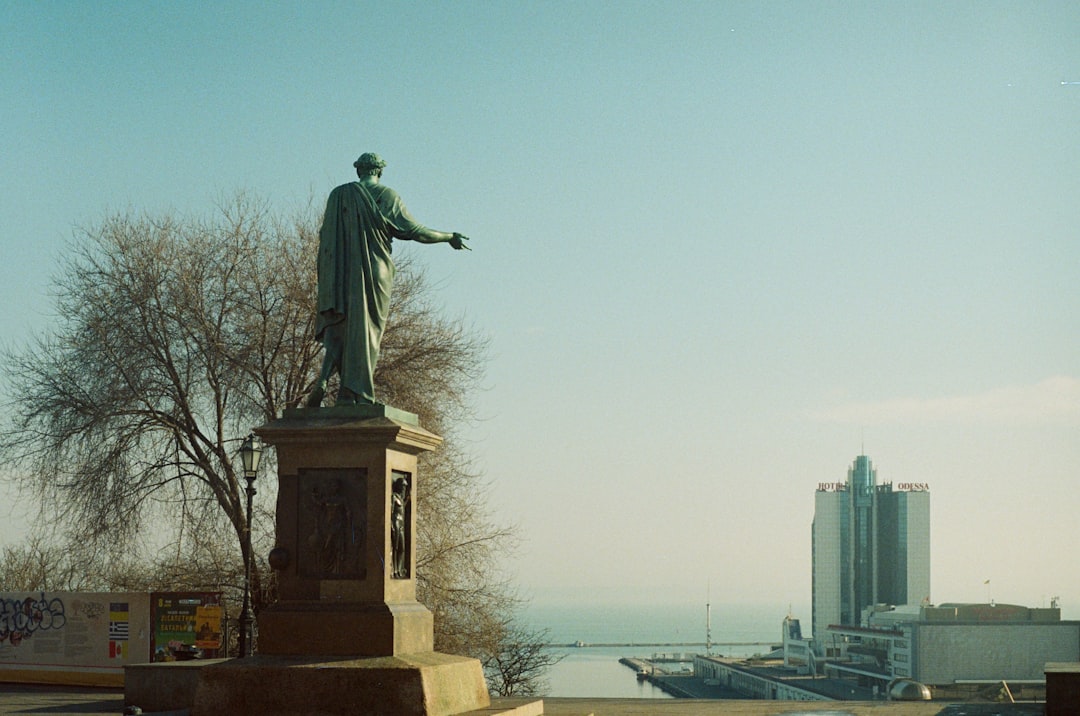#81 These truths
I stopped reading when Putin re-ignited his war in Ukraine. I had just started in These Truths, which I had been looking forward to since I had put it back on the shelf in favor of another book. But what’s the point of reading history when history is being made?
Even the historians seem to agree. From Fukuyama to Ferguson, all have chipped in with thoughtful commentary in respectable magazines. It’s not the end of history, after all. But, considering all their words, Snyder may be the most correct when he says we’re living through the end of the future.
But what is the point of reading commentary when what is happening has no words?
So, art. We have all seen the Frozen video, the pianist, the violinist. Malevich’s Black Square in the now-closed Amsterdam Hermitage. Such beauty among such despair! But what is the point of enjoying a country’s cultural legacy when its soul is being destroyed?
Putin underestimated Ukraine. He didn’t consider it a country. He thought its people had no loyalty, were not brave. They were Russians and yet, not Russian. The very mistake he made eight years ago. Despots, by design, don’t learn. Yet, like the kids in this beautiful Economist article, I also don’t think I ever really thought of Ukraine as a single-minded nation with a clearly defined, distinctive people.
“Many of the plinths in Kyiv where people might look for patriotic inspiration are occupied by figures who now seem obscure, divisive or unloved. Ukraine’s difficulty in finding national heroes reflects its chequered past. We are a multi-ethnic, multi-linguistic society that various great powers have tussled over – the Polish-Lithuanian commonwealth, the Tsarist empire, the Nazis. What one part of the country sees as bravery another might see as treachery or oppression. Ukrainians don’t like having anything imposed on them, least of all heroes.”
A country of diverse opinions that keeps its act together under a real threat, what an excellent idea! It may have more lessons to teach than the ones about resilience and bravery that it displays now.
Strangely, this is not at all how I remember the ‘definitive history of Ukraine’, Serhii Plokhy’s (furthermore) superb The Gates of Europe. Instead, I remember it as one wave of invaders after another. Not Roman, not Ottoman, not Russian and certainly not European. A country defined not by its own identity but by what others took from it.
Last week, I listened to a 2015 lecture by Garry Kasparov. I highly recommend it. 2015 may sound long ago, but few of his observations have changed. In a vital moment in the talk, he warns against thinking of a people as submissive or weak or undemocratic simply because they’ve been living under authoritarian rule. What is the difference, he asks, between North and South Koreans apart from the circumstances of their birth? Why is Taiwan a thriving democracy while the same Chinese live under authoritarian rule on the mainland?
Economic and political, and environmental conditions may affect people’s potential. Still, all people have the potential to live in peace and democracy if given a chance. In 2013-2014 Ukrainians decided they wanted to take that chance, a chance their Russian counterparts rarely had in at least a century, and likely since before the Romanovs.
Yet Ukrainians, Russians, Taiwanese or Chinese, North or South Koreans, or anyone else can ever be defined by what others take from them. They are not only what they are not. They are so much more. All their stories are worth studying and understanding. I wish I had read more about Ukraine before February 2022. I should start reading whatever there is to read about Taiwan.
Because the point of reading history, of reading commentary, of art, and of watching Twitter videos is to appreciate people, their ideas and histories, their achievements and struggles. Everything that is about them and not about what others take from them or deny them.
Recommendations for books or documentaries about Taiwan, North Korea, or other people that are mostly described by what they are not are greatly appreciated. Thanks! I promise I’ll read them, even when reading takes some time.
Thank you in advance, and hang in there. We’ll speak next week!
– Jasper

